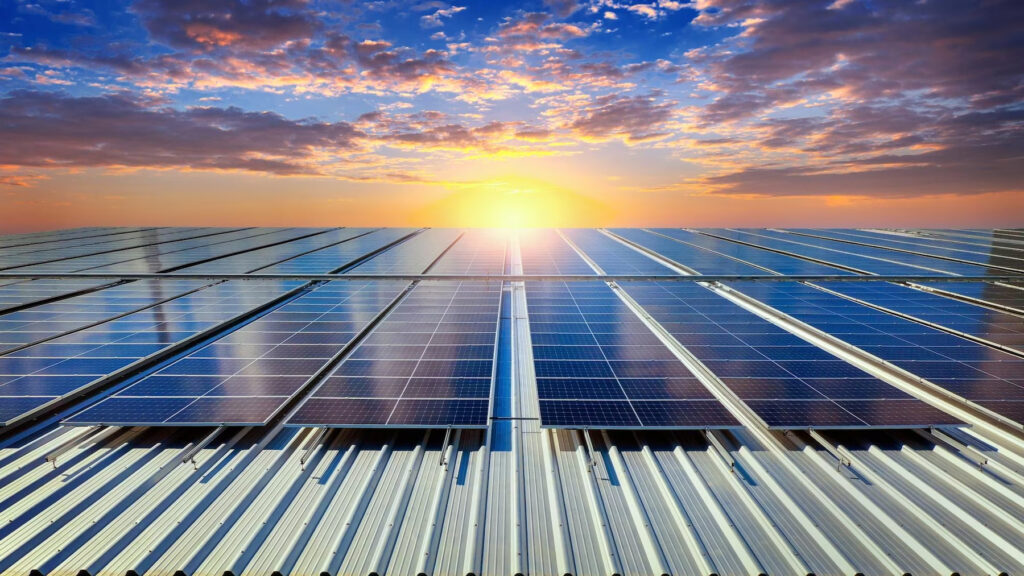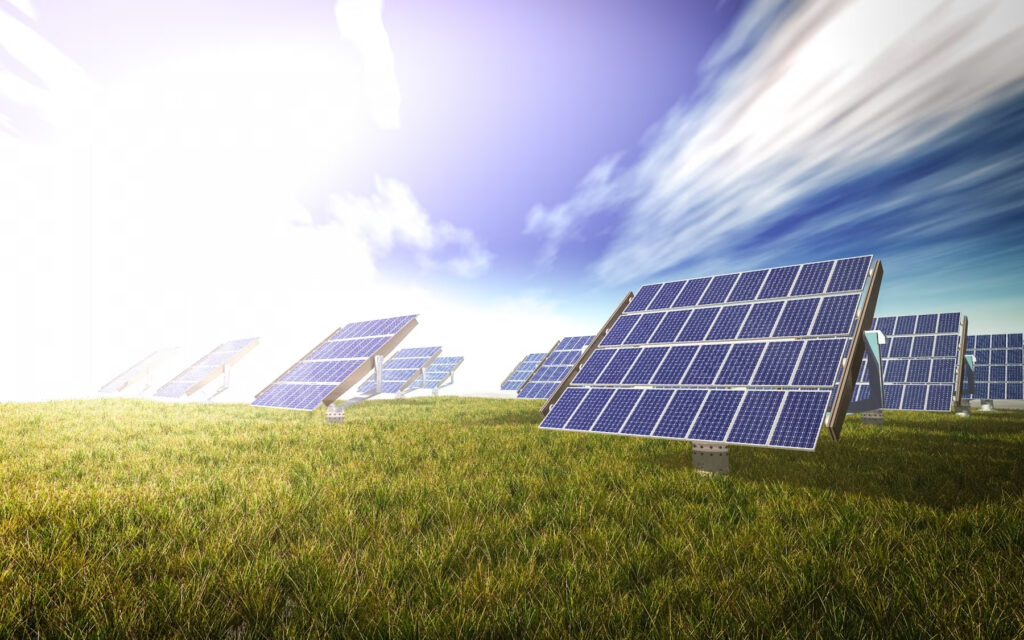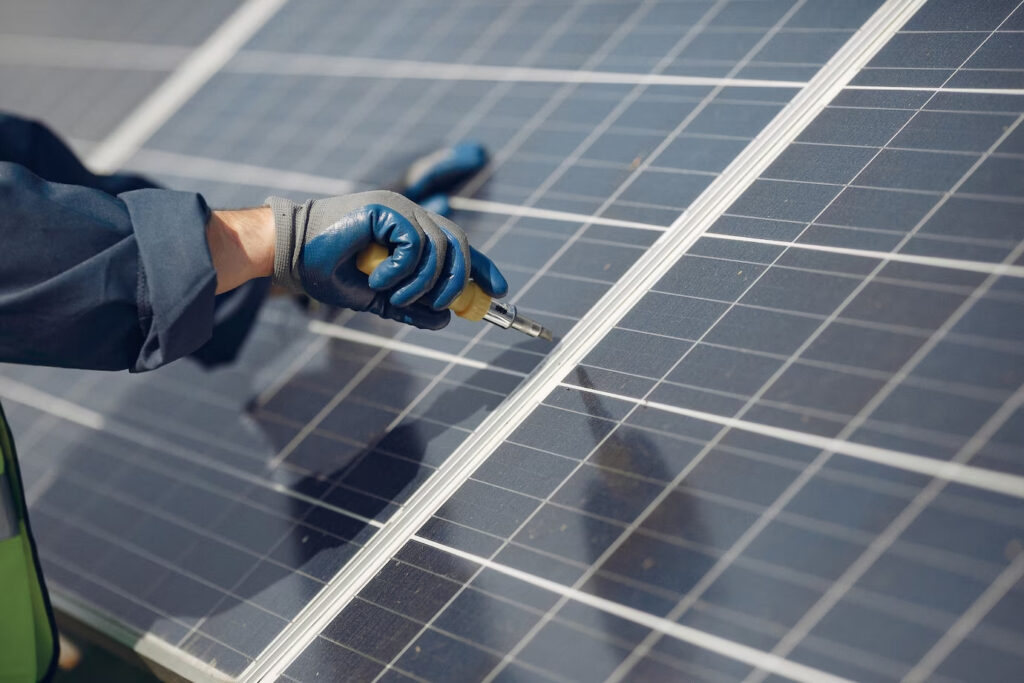Are you interested in learning more about solar panels? Perhaps you have some questions regarding the cost and whether it's worth the investment. You may also be curious about when you can expect to see a noticeable difference. Feel free to inquire further, and we'll be happy to provide you with the information you need.

So what are Solar PV Panels?
Solar panels, also referred to as PV solar panels or solar photovoltaics, have been a favored choice for renewable energy for more than two decades. Initially introduced through the Greener Energy Scheme, various funding and schemes have emerged over the years to support and encourage property owners in installing solar panels. Nowadays, solar panels are readily available for purchase, offering property owners the opportunity to benefit from this sustainable energy solution.
The installation of solar panels has proven to be beneficial in multiple ways. Firstly, it assists properties in reducing their carbon footprint, contributing to a greener and more sustainable environment. Additionally, during challenging times, solar panels provide cost savings by reducing electricity bills.
It’s worth noting that solar panels can generate electricity even on cloudy days. While they perform optimally under direct sunlight, they can still harness energy from diffuse sunlight. Therefore, the more sunshine available, the greater the electricity production.
How do Solar PV Panels work?
Solar panels operate by harnessing sunlight through photovoltaic cells, which absorb the sunlight and generate direct current (DC) energy. To make this energy usable within a home, it needs to be converted into alternating current (AC) energy. This conversion is achieved with the assistance of inverter technology.
Once the DC energy is generated, it passes through an inverter, which transforms it into AC energy suitable for use in household electrical systems. Typically, the inverter is installed indoors, preferably in close proximity to the solar panels, such as in the loft or garage. Alternatively, micro inverters can be utilized, which are positioned beneath each individual solar panel. These micro inverters perform the DC to AC conversion on a per-panel basis, enhancing efficiency and flexibility.


What are the benefits of Solar PV Panels?
If you’re considering solar PV panels but uncertain about their suitability for you, here are several reasons to opt for solar panels:
Environmental Sustainability: Solar power is a renewable energy source that aids in reducing your carbon footprint. By harnessing the sun’s energy, you contribute to a cleaner and more sustainable future.
Reduced Energy Bills: Generating your own electricity through solar panels leads to significant savings on your energy bills. By utilizing the power you generate, you could potentially save up to £514/year on your bills.
Noise-Free Operation: Solar panels generate electricity silently, ensuring a peaceful environment for you and your neighbors. There are no disruptive noises associated with their operation.
Potential Income from Excess Energy: Depending on the specific Smart Export Guarantee (SEG) tariffs available, you could earn around £110/year for any excess energy you generate. These tariffs may vary, but you have the freedom to switch between them, enabling you to receive payments for the electricity you generate but don’t use.
Protection Against Energy Price Increases: Solar panels act as a safeguard against future energy price rises. By generating your own power, you become less reliant on external energy sources, mitigating the impact of increasing energy costs.
Enhanced Property Value: Installing solar panels can make your property more appealing to potential buyers in the future. The reduced energy bills associated with solar panels can be an attractive selling point and may increase the overall value of your property.
Simplified Installation Process: In most cases, solar panel installations do not require planning permission and can be completed within 1-2 days. Permitted development rights typically cover the installation. However, certain circumstances, such as listed buildings or conservation areas, may necessitate planning permission.
Low Maintenance: Once installed, solar panels require minimal maintenance, resulting in limited upkeep efforts. They are designed to be durable and reliable, allowing you to enjoy the benefits of solar power with minimal hassle.
Electric Vehicle Integration: With the increasing popularity of electric cars, solar panels combined with battery storage offer a convenient solution. You can store and utilize the generated power at night to charge your electric vehicle, ensuring a sustainable and cost-effective way to fuel your transportation needs.
By considering these advantages, you can make an informed decision about the suitability of solar panels for your energy needs and environmental goals.
Before proceeding with the installation of Solar PV Panels, it is essential to take into account specific requirements and considerations:

Roof Orientation: Ideally, your roof should face between east and west to maximize exposure to the sun. This ensures optimal solar energy generation throughout the day.
Shading: Ensure that your roof is not overshadowed by high trees or buildings, as shadows can significantly reduce the electricity production of the solar panels. The use of micro-inverters can help overcome minor shading issues.
Planning Permission: In most cases, solar panel installations fall under permitted development rights and do not require planning permission. However, for listed buildings and properties located in conservation areas, planning permission may be necessary. It’s important to check with the local authorities to ensure compliance.
Structural Integrity: Your roof should be structurally sound to bear the additional weight of the solar panels and their fixings. Conduct a thorough assessment to ensure that there are no existing structural issues that could impact the installation.
Government Grants: Explore the availability of government grants or incentives related to the energy generated by your solar system. It’s advisable to contact relevant authorities or consult with professionals to stay updated on the current opportunities.
By considering these requirements, you can make informed decisions and ensure a successful and efficient installation of Solar PV Panels.
